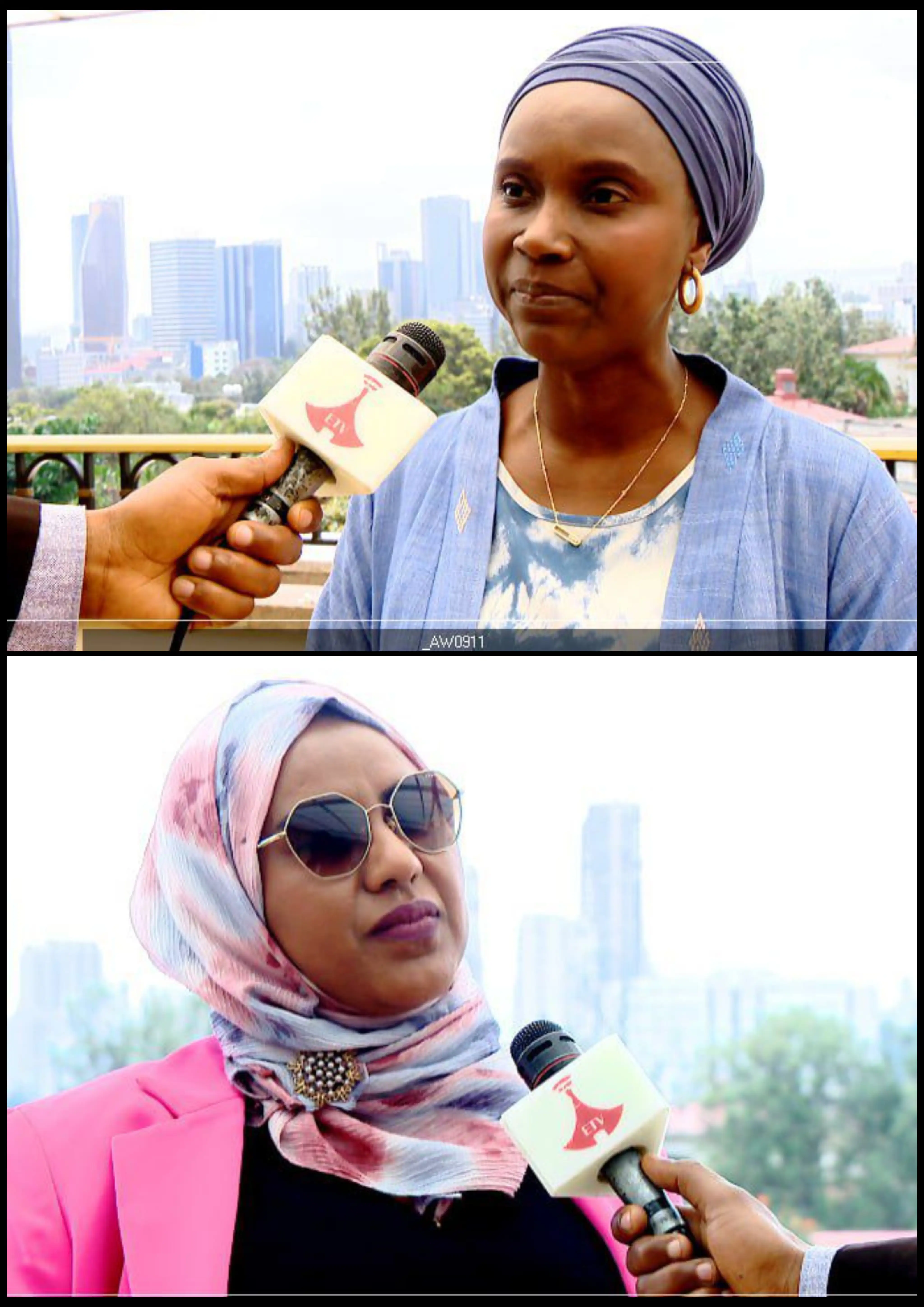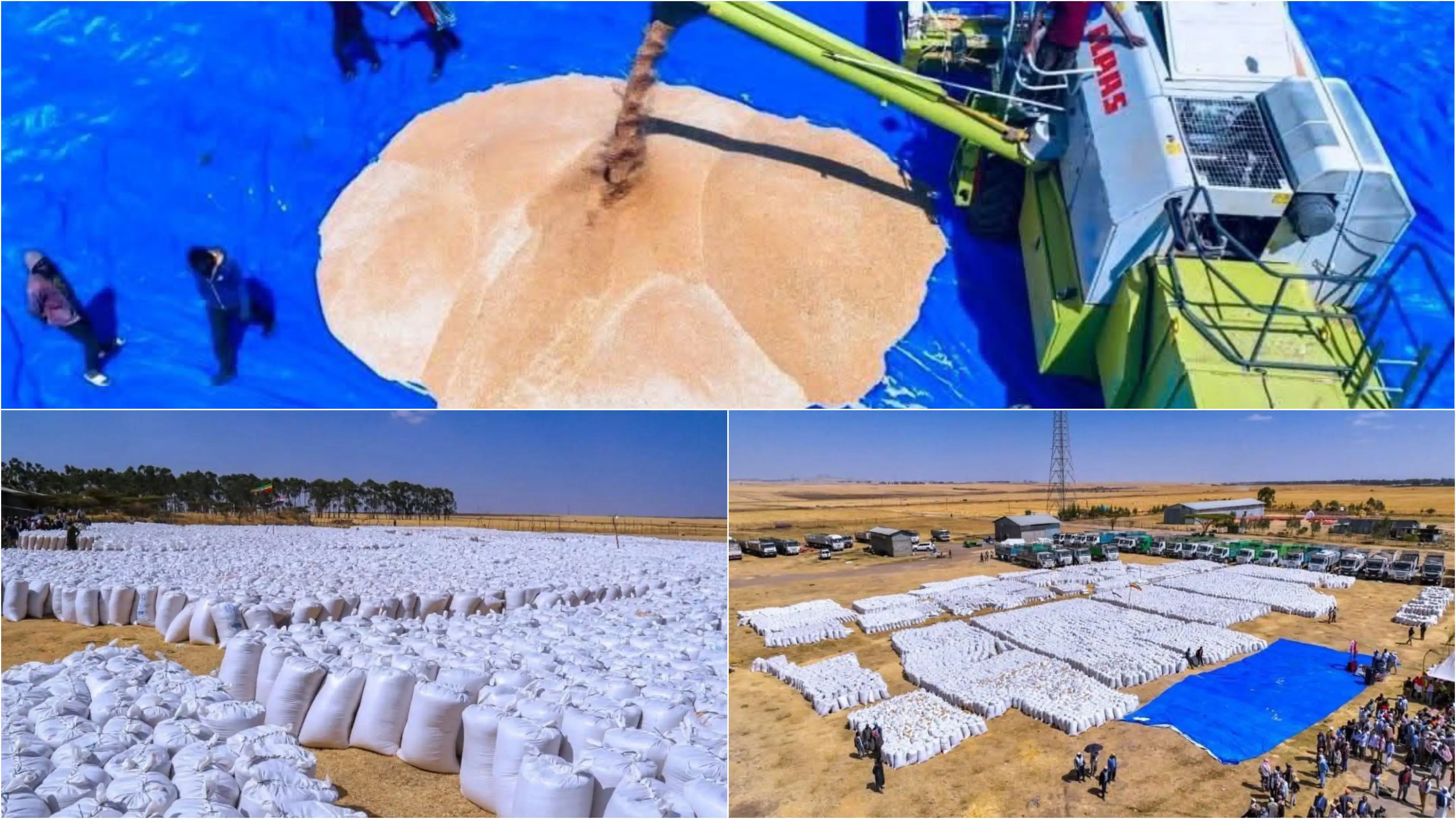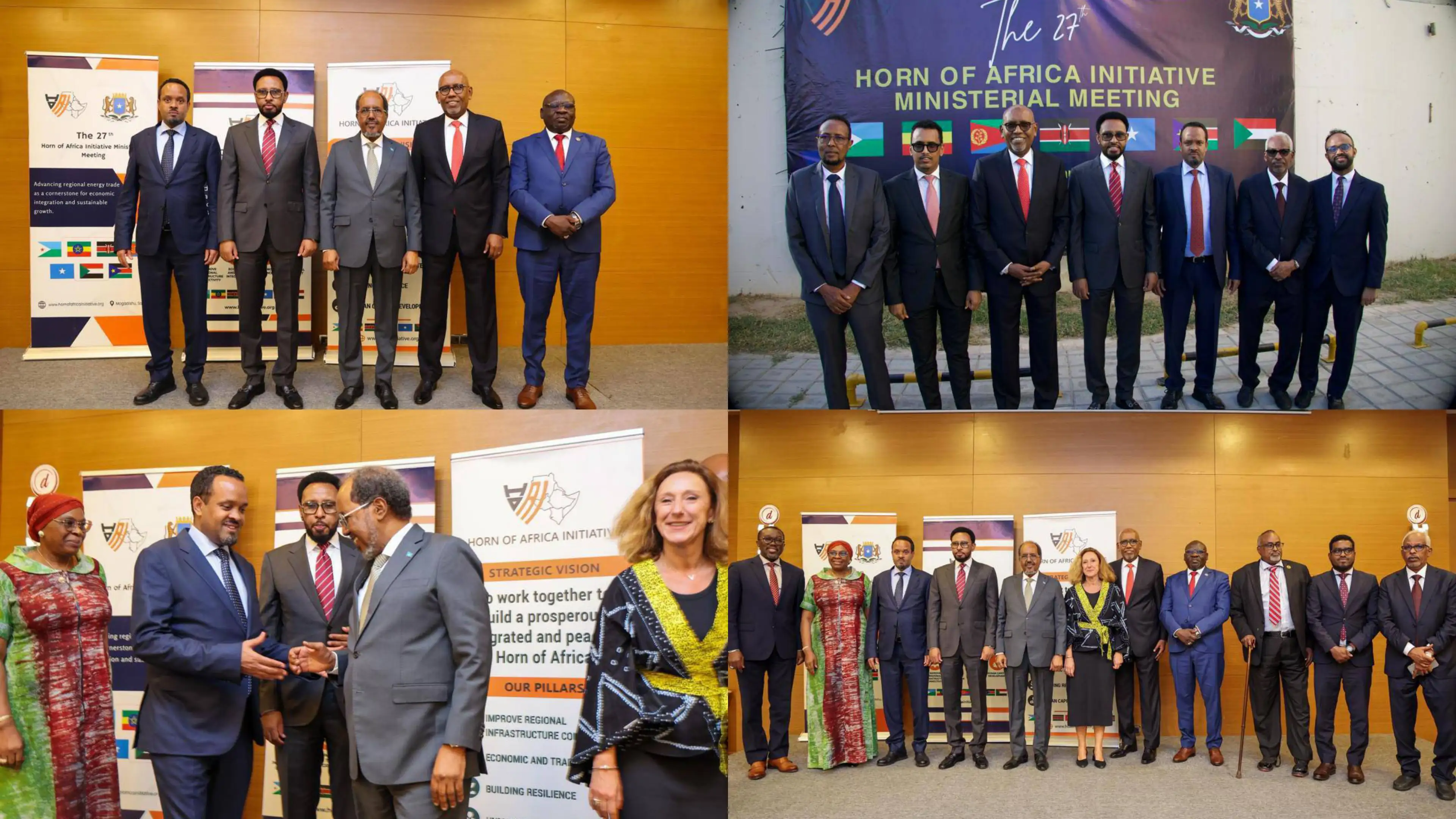By: Kassahun Chanie
The International Organisation for Migration (IOM) has partnered with the Ethiopian government to enhance psychosocial support services.
Abibatou Wane-Fall, the Chief of the IOM Ethiopia Mission, spoke exclusively with EBC English during a recent Migrant Psychosocial Support Meeting in Addis Ababa, underlining the critical need for mental health resources for this vulnerable population.
In a parallel development, Huria Ali Mahdi, the State Minister for Social Affairs at the Ethiopian Ministry of Women and Children Affairs, reiterated the nation's commitment to addressing irregular migration.
The discussion illuminated the arduous journeys many Ethiopian migrants endure, often fraught with hardship and emotional trauma. “The importance of psychosocial support and mental health for Ethiopian migrants cannot be overstated,” Wane-Fall asserted. “Their challenging experiences necessitate focused efforts towards sustainable reintegration into their communities upon return.”
She emphasised the collaborative role of the Ethiopian government, particularly the Ministries of Health and Women and Social Affairs, which are integral to providing protection and support for returning migrants.
Wane-Fall elaborated on the initiative's goals, stating, “We aim to equip frontline workers with the necessary training and tools to deliver effective psychosocial support. This is vital for ensuring that migrants not only receive immediate assistance but also the ongoing social services and monitoring needed for successful reintegration.” This effort is positioned within IOM's core reintegration framework, which seeks to establish a supportive environment for migrants' mental health and well-being as they navigate the transition back to their communities.
Several action items were proposed to facilitate these objectives. The priority is to ensure that all frontline workers are thoroughly trained and equipped with the tools essential for providing psychosocial support services. Additionally, it was recommended that the core reintegration package must include consistent psychosocial support for returning migrants, alongside ongoing monitoring of their progress. The pledge to disseminate awareness about available resources and training across the country aims to reach all relevant frontline workers, thereby expanding the support network for migrants.
The meeting also highlighted the urgency of integrating mental health services into the basic fabric of migration assistance. Wane-Fall noted that mental health needs are frequently sidelined, often perceived as secondary in comparison to immediate physical requirements. “Our challenge is not only to recognise these needs but to act decisively in addressing them,” she insisted.
In a parallel development, Huria Ali Mahdi, the State Minister for Social Affairs at the Ethiopian Ministry of Women and Children Affairs, reiterated the nation's commitment to addressing irregular migration. “Migration is a global concern that requires multifaceted solutions,” Huria explained. “At the national level, we are executing extensive programs aimed at prevention, legal advocacy, job creation, data collection, and raising awareness about the challenges associated with irregular migration.”
Huria described the protocol followed after migrants arrive from destination countries, which includes providing immediate shelter and social support. “Upon their return, we work diligently to trace and reunite them with their families. Our approach involves coordinating with various regions and local authorities to ensure effective reintegration,” she remarked. Furthermore, she emphasised the importance of creating sustainable livelihood opportunities for returnees to mitigate the factors that lead to irregular migration.
“With a clear communication strategy in place, we are disseminating information and training across all administrative levels in the regions,” Huria continued. “We aim to empower individuals to seek safe and legal migration pathways. Migration itself is not inherently problematic; rather, it is about ensuring that individuals have the agency and resources to make informed choices.”
This collaborative effort between IOM and the Ethiopian government highlights a proactive approach to supporting vulnerable returning migrants. By addressing psychosocial needs and prioritising successful reintegration, they aim to foster a more supportive environment for this population, ultimately allowing them to rebuild their lives and contribute positively to their communities, they pinpointed.




